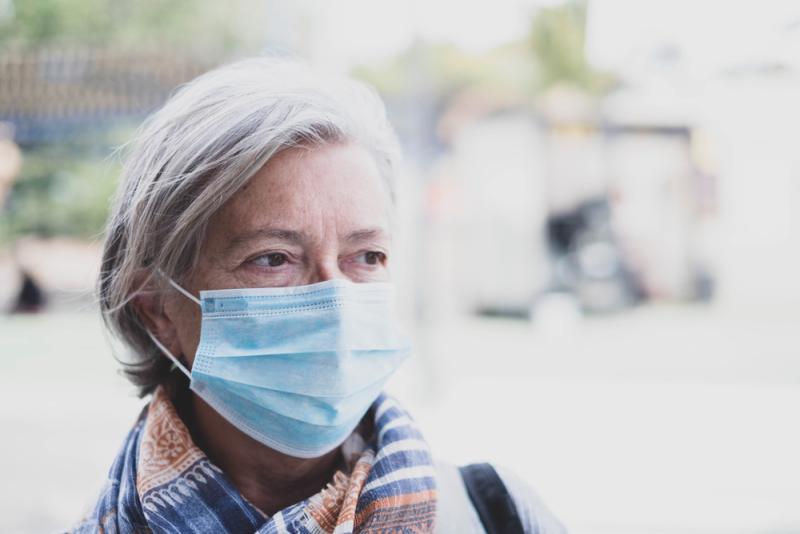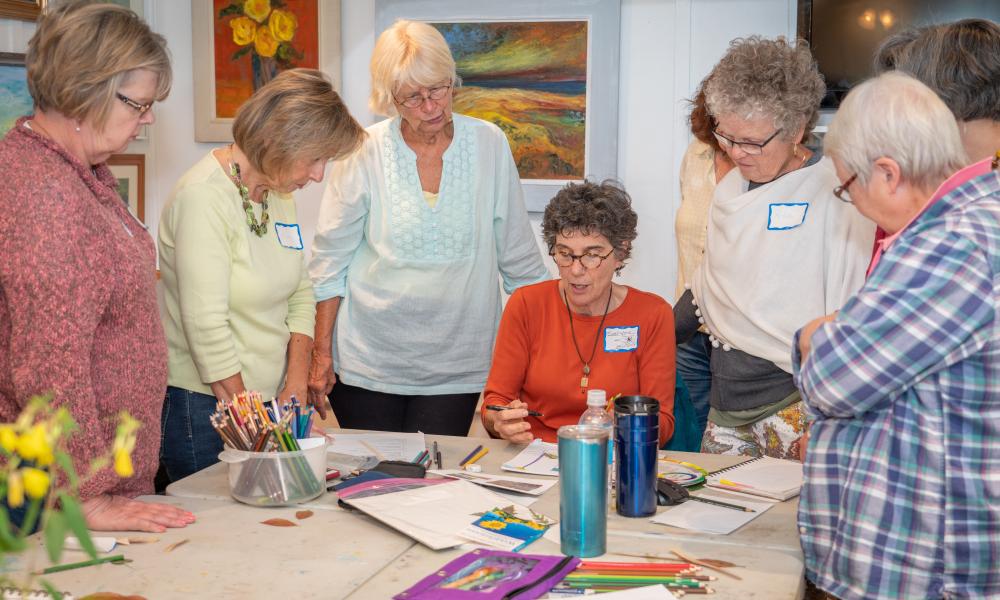
The COVID-19 global pandemic and subsequent public health social measures have challenged our social and economic life, with increasing concerns around potentially rising levels of social isolation and loneliness.
This paper is based on cross-sectional online survey data (available in 10 languages, from 2 June to 16 November 2020) with 20,398 respondents from 101 different countries. It aims to help increase our understanding of the global risk factors that are associated with social isolation and loneliness, irrespective of culture or country, to support evidence-based policy, services and public health interventions.
We found the prevalence of severe loneliness was 21% during COVID-19 with 6% retrospectively reporting severe loneliness prior to the pandemic. A fifth were defined as isolated based on their usual connections, with 13% reporting a substantial increase in isolation during COVID-19. Personal finances and mental health were overarching and consistently cross-cutting predictors of loneliness and social isolation, both before and during the pandemic.
With the likelihood of future waves of COVID-19 and related restrictions, it must be a public health priority to address the root causes of loneliness and social isolation and, in particular, address the needs of specific groups such as carers or those living alone.


